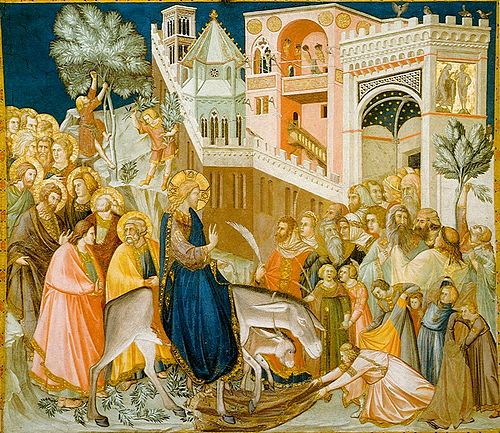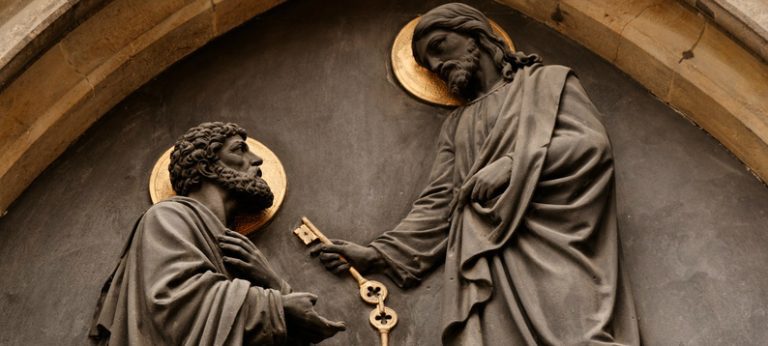Human nature is so unchanging that observations made centuries ago ring true across the ages. Sister Mary Agerde, the Spanish nun who wrote “The City of God”, tells us much about ourselves. She specifically and directly answers the difficult question, “What is a common fault with the children of Adam?”
In Volume 4, paragraph 249, she writes of St. Paul’s conversion. He began, suffused with self-righteousness, to persecute Christians. Of him, the sister writes: “. . . he prided himself much in combating the errors of others. For that is a common fault with the children of Adam, that they please themselves in some good work without making the much more important effort to reform some of their vices.”
Every actor, environmentalist, or official whose demons have driven them to claw their way in front of a TV camera or reporter’s pencil in order to straighten out their fellow creatures without reference to God, Church, and Gospel has been perfectly described, over four hundred years ago, by a humble sister. She understood our common fault. Pride drives us to please ourselves in some good work, usually of a surpassingly erroneous nature, “without making the much more important work to reform some of our vices.”
When we find that we are pleasing ourselves by urging others to improve, we have to ask: “Am I reforming my own vices, which include Pride, Envy, Greed, Gluttony, Anger, Lust, and Sloth?”
Sister Mary also warns us that demons are cunning enough to encourage us to believe that our “indignation may become a virtue to be gloried in”. Thus does our vanity propel us farther from God.
If we are not working to get rid of our own vices, which are clearly visible in our thoughts, words, deeds, and desires, can preaching to others be respected? We want to cleanse ourselves from what is a common fault with the children of Adam, pleasing ourselves by telling others to be better while our own delusions of superiority swell like tumors.
Pride is to be gotten rid of, not wallowed in, a common fault with the children of Adam.







